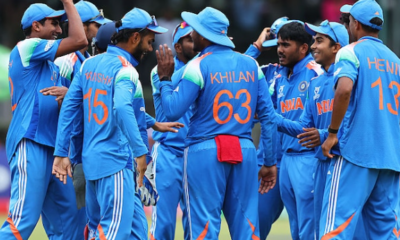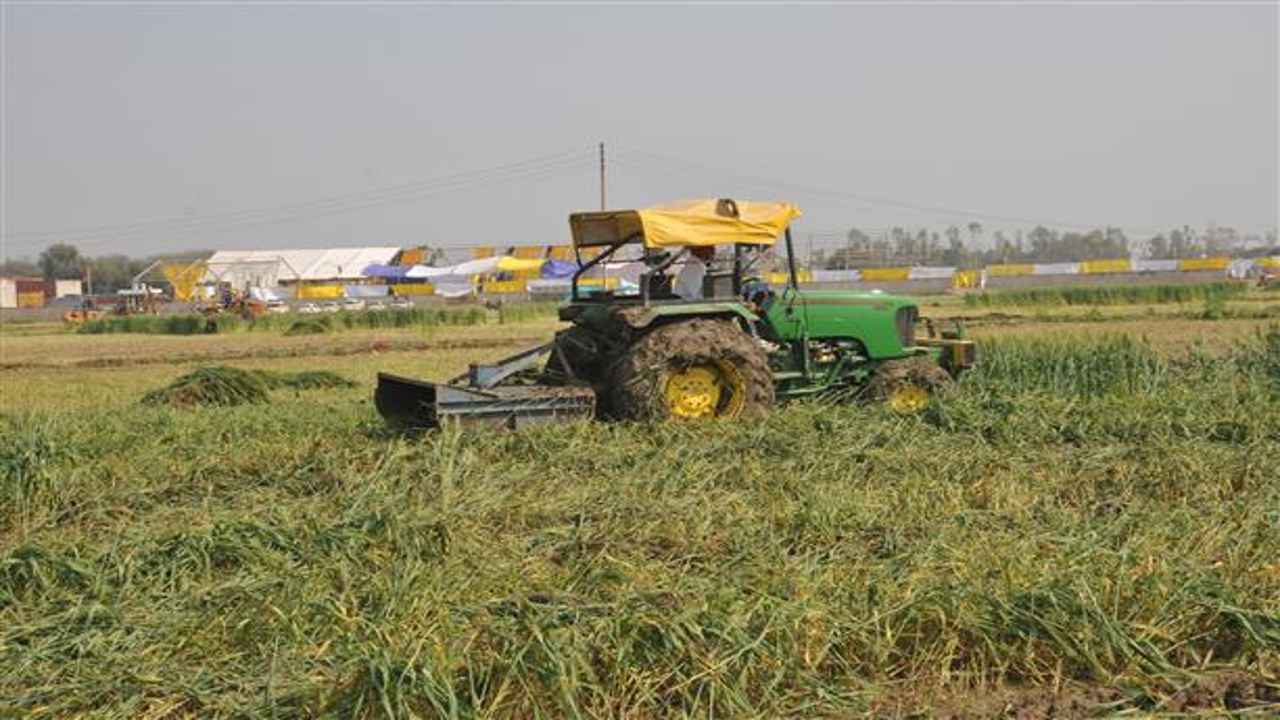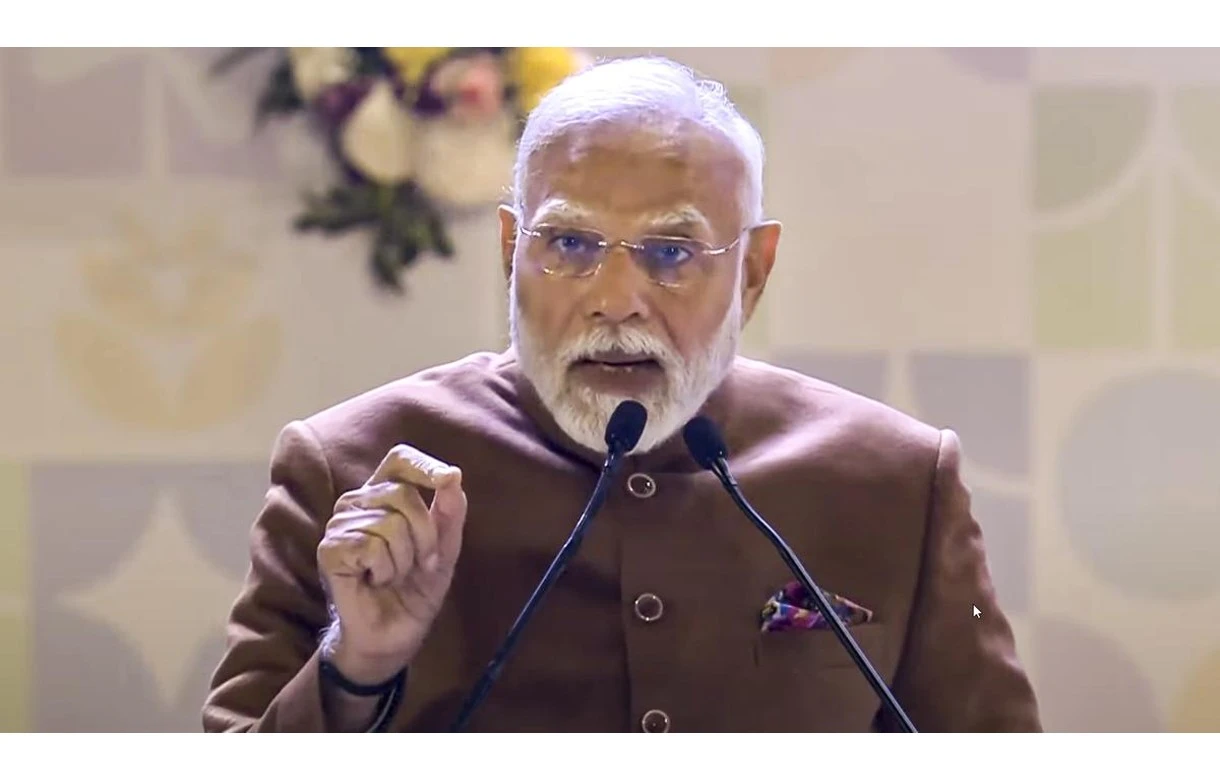India News
CENTRE ALLOWS 4G IN 2 DISTRICTS OF JAMMU & KASHMIR
4G internet services will be allowed on a trial basis in one district each in Jammu and one in the Kashmir valley after August 15, the centre told the Supreme Court today, adding that a special committee has made this decision.

India News
Centre reassures farmers as India-US trade deal nears completion
The Centre has assured farmers that the upcoming India-US trade deal will not harm agriculture or dairy, while creating new export opportunities for India.
India News
Punjab AAP leader Lucky Oberoi shot dead in daylight attack in Jalandhar
AAP leader Lucky Oberoi was killed in a daylight shooting in Punjab’s Jalandhar after attackers fired multiple bullets at him while he was inside his car.
India News
Pariksha Pe Charcha 2026: PM Modi to interact with students at 10 am today
PM Modi will address students across India at 10 am today as part of Pariksha Pe Charcha 2026, focusing on stress-free examinations and learning.
-

 Latest world news16 hours ago
Latest world news16 hours agoBangladesh rushes to finalise US trade deal after India secures lower tariffs
-

 India News16 hours ago
India News16 hours agoPariksha Pe Charcha 2026: PM Modi to interact with students at 10 am today
-

 India News16 hours ago
India News16 hours agoPunjab AAP leader Lucky Oberoi shot dead in daylight attack in Jalandhar
-

 Latest world news10 hours ago
Latest world news10 hours agoSuicide bombing at Islamabad shrine kills 10, over 20 injured
-

 Cricket news10 hours ago
Cricket news10 hours agoVaibhav Suryavanshi’s record 175 puts India U19 on course for massive total in World Cup final
-

 India News11 hours ago
India News11 hours agoCentre reassures farmers as India-US trade deal nears completion
-

 Latest world news6 hours ago
Latest world news6 hours agoSuicide bombing at Islamabad imambargah kills 69, over 160 injured
-

 Cricket news5 hours ago
Cricket news5 hours agoIndia wins sixth U19 World Cup title with dominant 100-run win over England

















